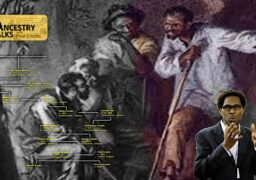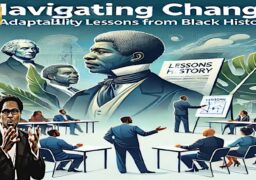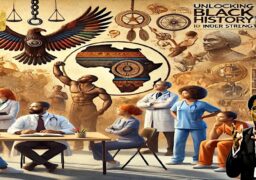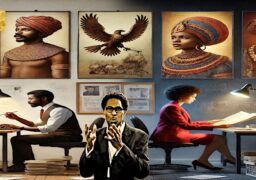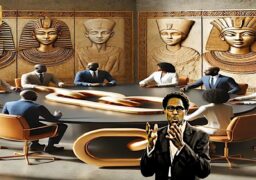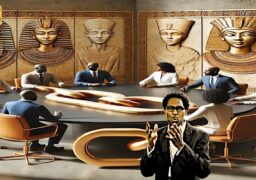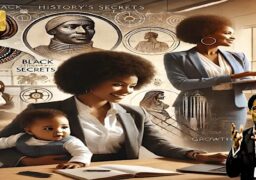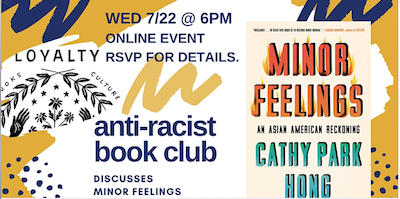
You asked and we answered. We are thrilled to begin our Anitracist Book Club reading program. We’ll discuss anti-racist and foundational literature. This is a safe, focused space in which to discuss the systematic structures of racism and the work we can do individually and community wide to dismantle them using the information from our texts and the lessons learned each session. Come as often or as rarely as you like, but whether or not you make this first session we recommend reading How to Be Anti-Racist as a starting place for discussion! This event is free but please RSVP via the ticket link to get the link for the online conversation with owner Hannah Oliver Depp.
ABOUT THE BOOK
A ruthlessly honest, emotionally charged, and utterly original exploration of Asian American consciousness and the struggle to be human
“Brilliant . . . To read this book is to become more human.”—Claudia Rankine, author of Citizen
Poet and essayist Cathy Park Hong fearlessly and provocatively blends memoir, cultural criticism, and history to expose fresh truths about racialized consciousness in America. Part memoir and part cultural criticism, this collection is vulnerable, humorous, and provocative—and its relentless and riveting pursuit of vital questions around family and friendship, art and politics, identity and individuality, will change the way you think about our world.
Binding these essays together is Hong’s theory of “minor feelings.” As the daughter of Korean immigrants, Cathy Park Hong grew up steeped in shame, suspicion, and melancholy. She would later understand that these “minor feelings” occur when American optimism contradicts your own reality—when you believe the lies you’re told about your own racial identity. Minor feelings are not small, they’re dissonant—and in their tension Hong finds the key to the questions that haunt her.
With sly humor and a poet’s searching mind, Hong uses her own story as a portal into a deeper examination of racial consciousness in America today. This intimate and devastating book traces her relationship to the English language, to shame and depression, to poetry and female friendship. A radically honest work of art, Minor Feelings forms a portrait of one Asian American psyche—and of a writer’s search to both uncover and speak the truth.

